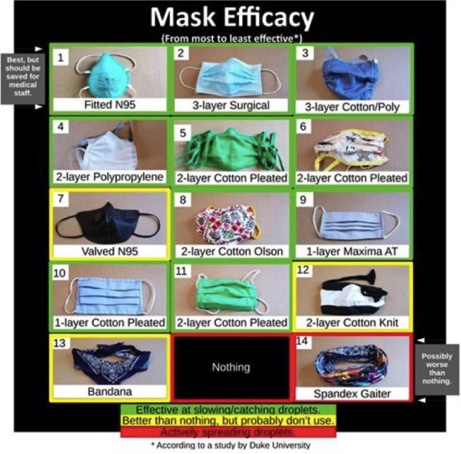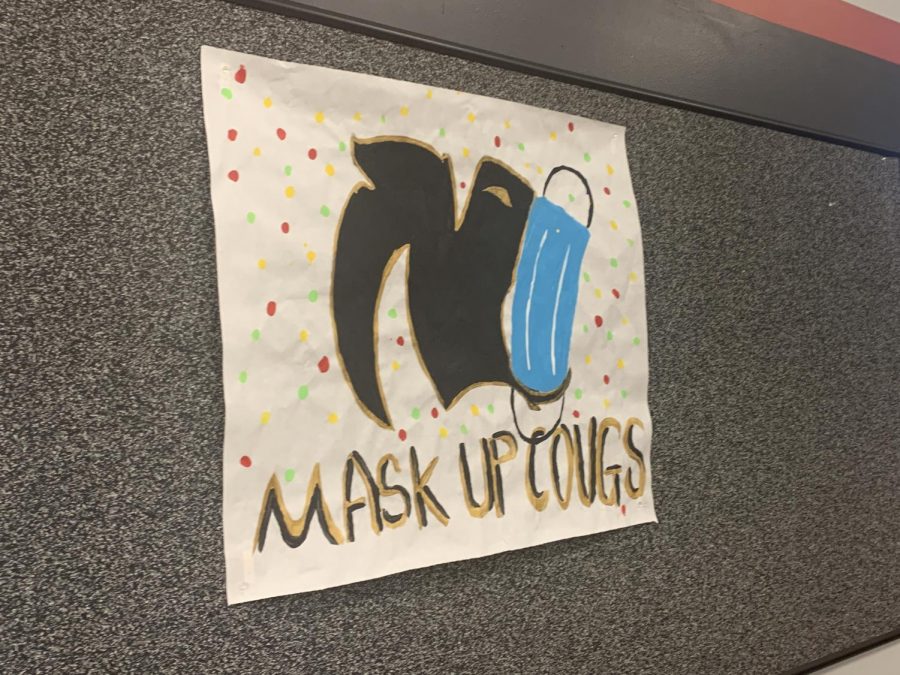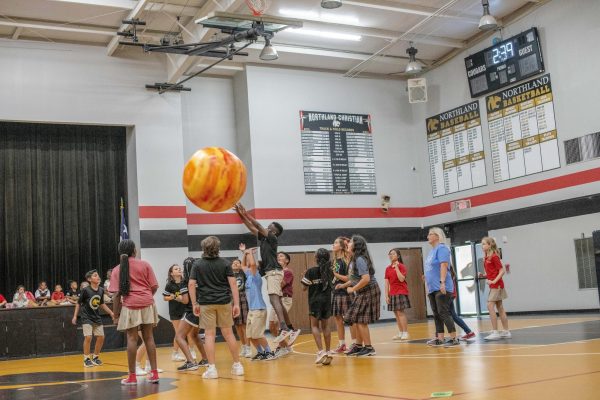Do Masks Really Offer Protection Against COVID-19?
Are face masks effective? Do masks prevent COVID? Why were face masks not recommended from the start of the pandemic, if they’re supposed to be effective? What’s the point of wearing masks if they don’t work? When it comes to face masks, the world debates if they are truly necessarily throughout this time. However, face masks play a crucial role in society.
The answer is yes, face masks do offer protection against COVID-19, but the real question is how much. As there are many different face masks, they all offer a different amount of protection when it comes to the virus.

As many websites would agree on, N99 and N95 are the best masks to wear that will protect you from the virus. However, it’s recommended mainly for healthcare workers, and they’re usually in short supply. The mask is sealed tightly around the mouth and nose where very few particles can seep in or out. The second best mask, would be the disposable surgical masks, which many people wear today.
According to science alert, “In general, surgical masks are about three times as effective at blocking virus-containing aerosols than homemade face masks, a 2013 study found. But healthcare workers should still have access to them first.”
The worst mask to wear during this pandemic is a spandex gaiter mask. According to Duke University and Washington Post, “…a breathable neck gaiter, well-liked by runners for its lightweight fabric, ranked worse than the no-mask control group. The gaiter tested by the researchers was described in the study as a “neck fleece” made out of a polyester spandex material. These neck gaiters are extremely common in a lot of places because they’re very convenient to wear,” he said. “But the exact reason why they’re so convenient, which is that they don’t restrict air, is the reason why they’re not doing much of a job helping people.”

On June 9, 2004, Trinity was born in Houston, Texas. Trinity has attended two schools. For seven years, she attended Champions Christian Academy then she...





